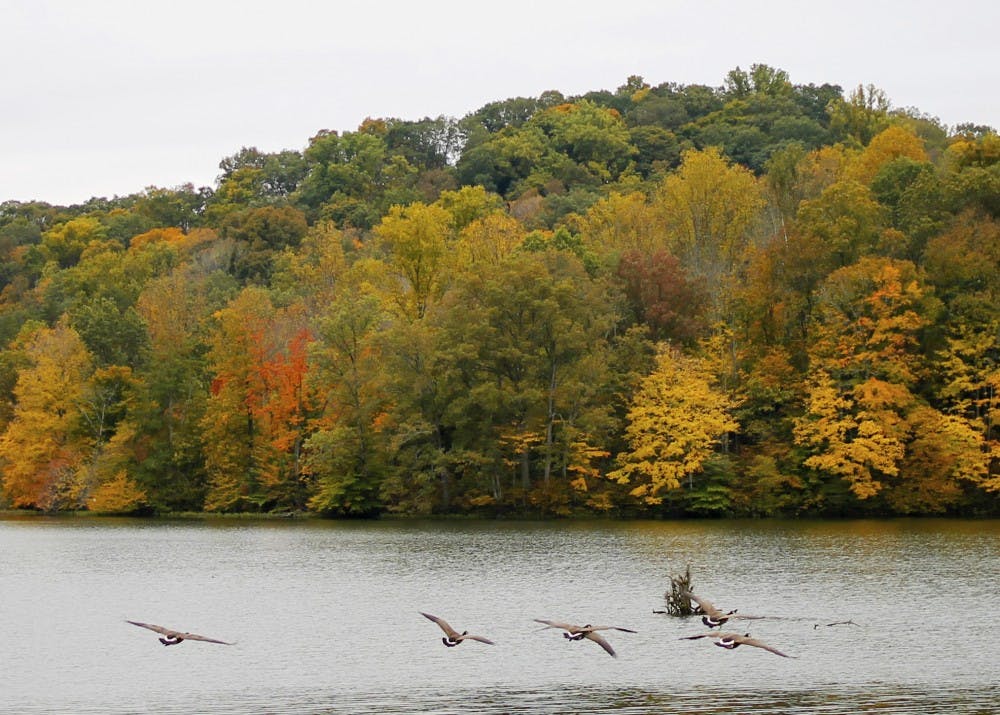Specialty gear for different types of terrain. Hundreds of dollars for tents you can only use in certain seasons. Access fees to get into National Parks. Spending countless hours working to understand the landscapes around you and techniques needed to thrive in that landscape.
These are all things you can expect to confront if you foray into the outdoor world. There are expenses in time, expenses in technique and expenses in gear, all adding up to barriers making it difficult for the less affluent to thrive in the outdoors.
The expenses of the outdoor industry are a problem because the younger generations, millennials in particular, are still suffering the aftereffects of the Great Recession. This means that they have more debt and less income than their parents, even though studies show millennials work longer work weeks than older generations, and still have less wealth.
If you’re poorer than your parents while working longer weeks to try and get out of poverty and you’re still poor, you most likely don’t have the money or time to get out into the outdoor world, strap on all your expensive gear and spend hours outside.
The outdoor industry also has inclusivity issues with the lack of diverse representation. Is the first person you think of when you picture someone in the outdoors a white man? If so, you’re not alone.
About 50 percent of outdoor participants and 83 percent of National Park rangers are white. Outdoor companies have even apologized for using models that perpetuated the notion that everyone in the outdoors is a white man.
However, the notion that white people are the only people in the outdoors isn’t true. A New American Media poll from 2016 reported that 70 percent of minority voters are already participating in activities held on public lands.
The report also states that 80 percent of minority voters supported increases in the parks system and “95 [percent] of minority voters believe it is important for young people to see their cultures and histories reflected in National Public Lands.”
The significant barrier to these populations further enjoying public lands according to the report? The cost and distance of accessing public lands and programs.
The outdoors have traditionally been painted as a rugged landscape, full of mountain men like Kit Carson and Teddy Roosevelt, not women or black people or inner city kids. Do a Google search for “canoeing” or “camping” or "rock climbing" and the results will yield predominantly white and mostly male individuals.
The idea that there are only certain types of people who are able to handle the challenges outdoor areas present means that fewer people will feel comfortable venturing into these spaces. People want to be represented, and representation can make people feel welcome in places that they haven’t before.
In her article for Outside Magazine, Latria Graham stated that perceptions that people of color (in particular, black people) aren’t involved in the outdoor industry (which is majority white-dominated) is rooted in racism, and just isn’t looking where people of color are partaking in outdoor activities.
“We’re here,” Graham says. “You just don’t see us.”
And here’s the thing, my nature-loving friends — if we want a thriving, healthy, supported system of parks we need to be more inclusive. Everyone should feel like they have a place in our parks — we all pay for them, so we should all enjoy them.
In the words of Edward Abbey, “The idea of wilderness needs no defense, it only needs defenders."
The defenders and enjoyers of wild spaces should be just as diverse as the landscapes we love. The culture around the outdoors needs to change to more accurately reflect the increasingly diverse world we live in and to give more outdoors opportunities to those who haven't had them in the past.
If you have the means, support projects that give low-income children resources and experiences in the outdoors, like the Wahine Project or Big City Mountaineers. Follow social media accounts like Brown People Camping that detail the adventures of minority people in the outdoors.
Local outfitters often offer competitive pricing and share skills needed for outdoor activities. IU's very own Outdoor Adventures offers skills clinics for just about any activity you can do outside. They have ample opportunities for those of all skill levels for everything from kayak rolls to learning the knots you'll need to do some serious climbing.
No matter how you get involved, work to make sure that outdoor spaces are welcoming to people from all walks of life. No one wants nature full of climbing bros whose parents pay for trips to Yosemite so they can brag about how fast they soloed El Cap.
A rich, white, male-dominated outdoor space isn’t representative of the world we live in and sure isn’t what we need if we want advocates for our wilderness. Make sure the outdoor world does better so we as a whole can do better.






